Opposition to Covid vaccinations has come in many forms, but none stranger than the "sovereign citizen" defence.
It uses defunct ancient English law to try to challenge regulations.
Some anti-vaccination protesters outside schools and hospitals have used this to hand out fake legal documents to teachers, parents and health workers.
Others have sought to remove Covid patients from intensive care wards, citing non-existent "common law" empowering them to do so.
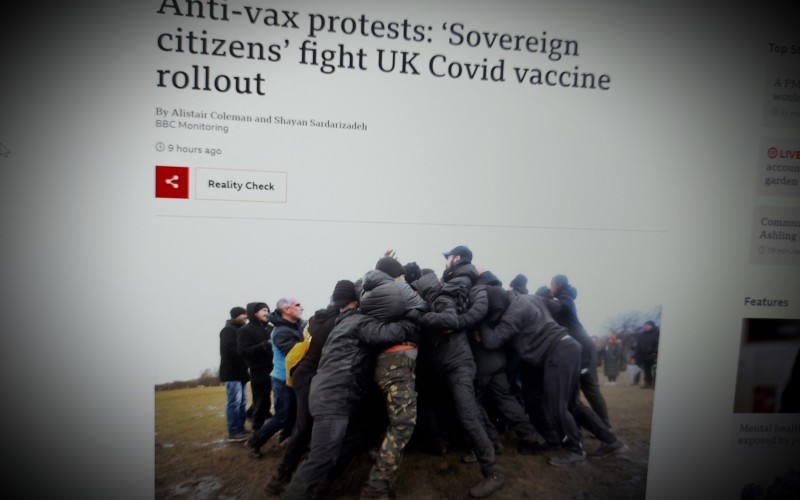
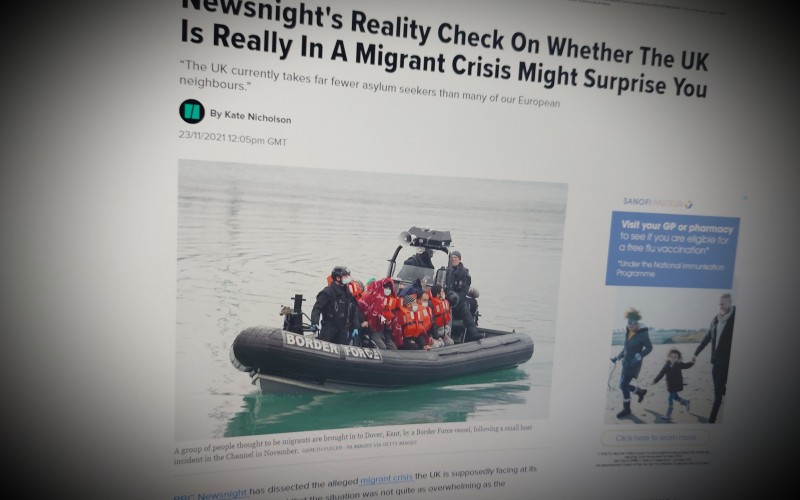
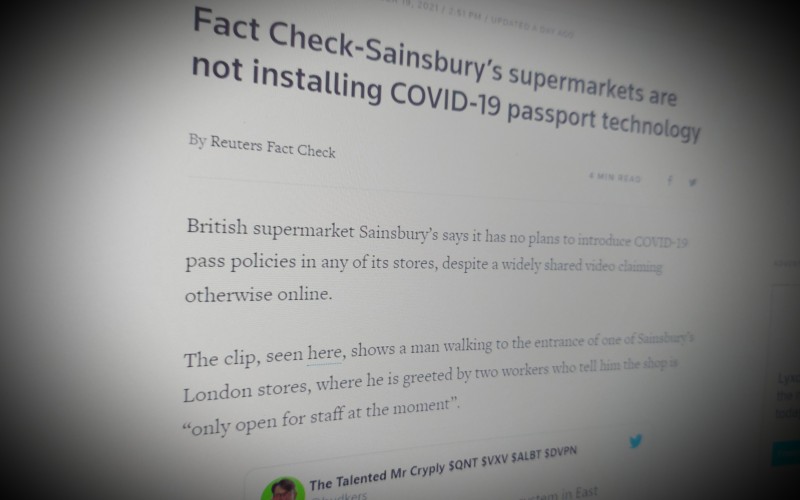
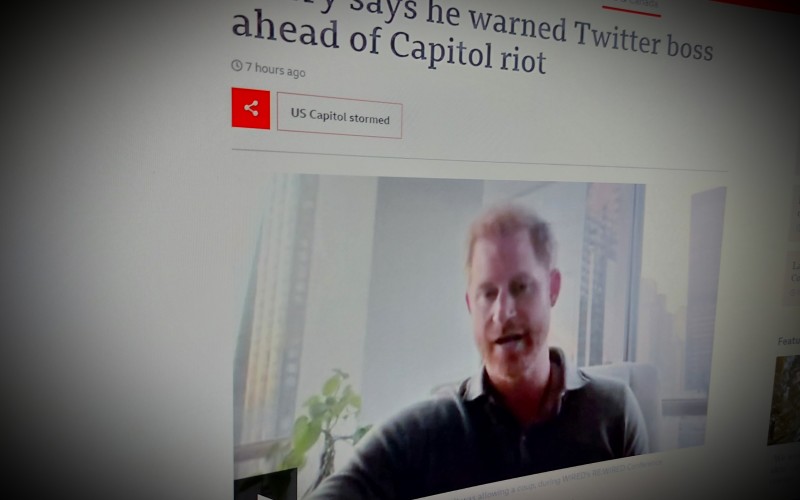
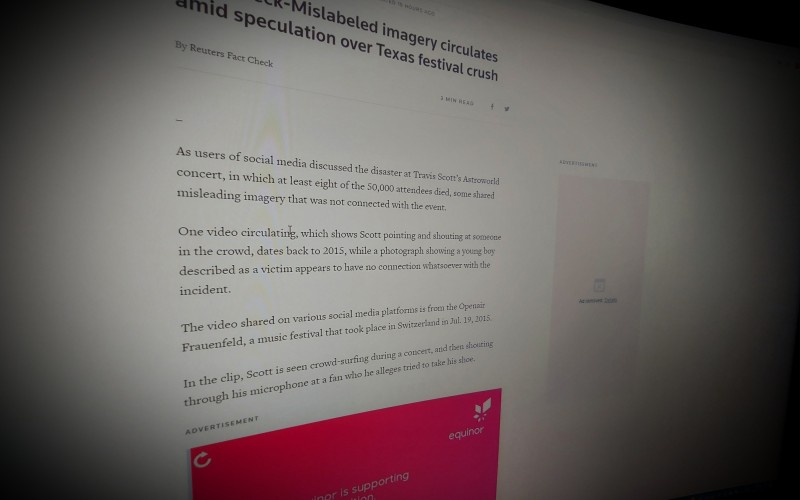
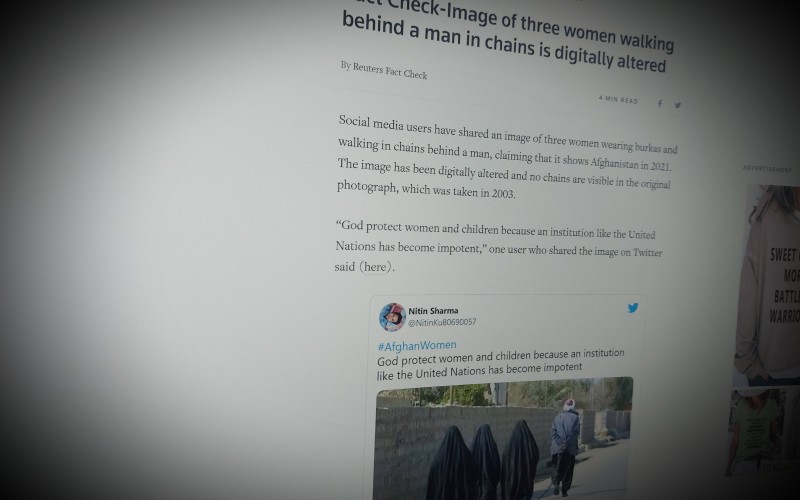
Comments
make a comment